Information democracy
Powerful companies and governments control the way the internet and new technologies are deployed. These actors blur the lines on corporate power in ways that have tremendous impact on people and democracies. The dominant business model of ‘Big tech’ platforms is based on surveillance, polarization and power imbalances. This ‘surveillance capitalism’ has had a global impact on democracy. For example, state and private actors can use the internet and technologies to spread political disinformation, to manipulate electoral results, to attack human rights defenders and to limit civic space.
Filter resources
-
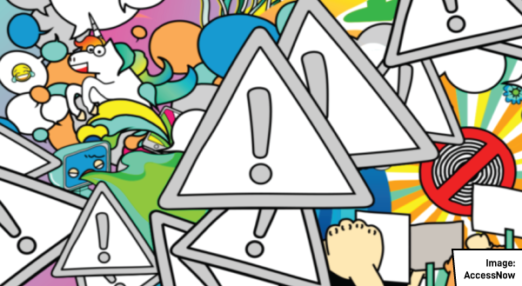
Can we rely on machines making decisions for us on illegal content?
While automation is necessary for handling a vast amount of content shared by users, it makes mistakes that can be far-reaching for your rights and the well-being of society. Most of us like to discuss our ideas and opinions on silly and serious issues, share happy and sad moments, and play together on the internet. […]
Read more
-
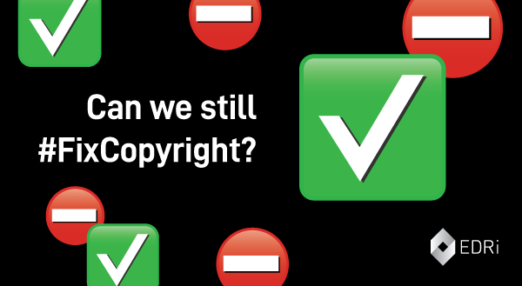
Copyright stakeholder dialogues: Compromise, frustration, dead end?
The second phase of the stakeholder dialogues on Article 17 of the Copyright Directive finished in December 2019. The two meetings of the third phase, focusing on the provisions of Article 17, were held on 16 January and 10 February 2020.
Read more
-
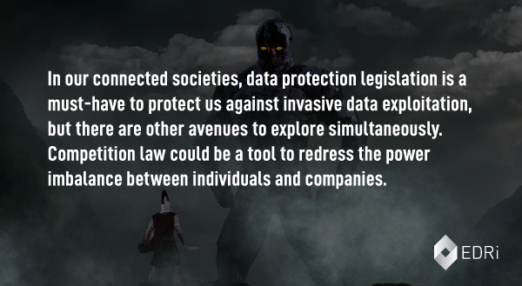
The impact of competition law on your digital rights
This is the first article in a series dealing with competition law and Big Tech. The aim of the series is to look at what competition law has achieved when it comes to protecting our digital rights, where it has failed to deliver on its promises, and how to remedy this. This series will first […]
Read more
-
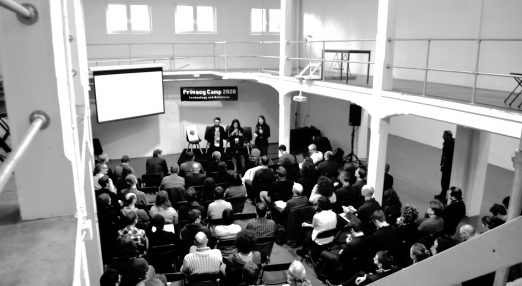
#PrivacyCamp20 happened
Read more
-

Stalked by your digital doppelganger?
In this fourth installment of EDRi’s facial recognition and fundamental rights series, we explore what could happen if facial recognition collides with data-hungry business models and 24/7 surveillance.
Read more
-
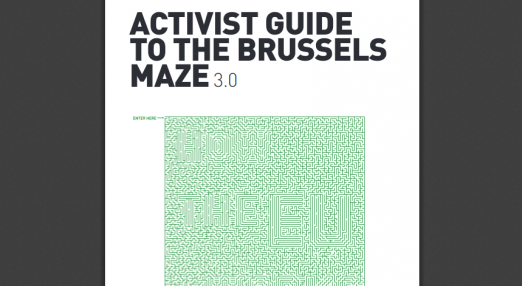
Booklet: Activist guide to the Brussels Maze 3.0
Exciting news 🤩 A new edition of our popular Activist guide to the Brussels Maze is out! The purpose of this booklet is to provide activists with an insight into where EU legislative and non-legislative Proposals come from, and what can be achieved at each stage of the legislative process.
Read more
-

Copyright: Open letter asking for transparency in implementing guidelines
Today, on 15 January 2020, EDRi joined 41 other human rights and users’ rights organisations to demand increased transparency during the implementation of the EU copyright Directive. Specifically, the open letter asks the European Commission to publish any draft guidelines when available and to include concerns raised by the signing organisations during the stakeholder dialogues […]
Read more
-
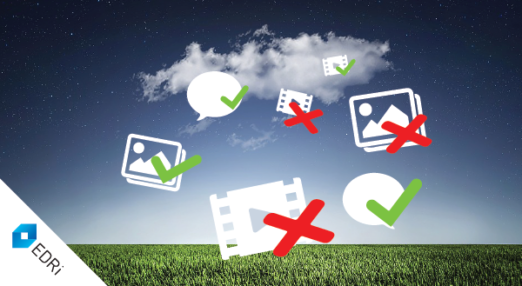
Copyright stakeholder dialogues: Filters can’t understand context
On 16 December 2019, the European Commission held the fourth meeting of the Copyright Directive Article 17 stakeholder dialogues. During the “first phase”, meetings focused on the practices in different industries such as music, games, software, audiovisual and publishing. This meeting was the last of what the Commission called the “second phase”, where meetings were […]
Read more
-

Online content moderation: Where does the Commission stand?
The informal discussions (trilogues) between the European Parliament, the Council of the European Union and the European Commission are progressing on the Terrorist Content Regulation (TCO, aka “TERREG”). While users’ safeguards and rights-protective measures remain the Parliament’s red lines, the Commission presses the co-legislators to adopt what was a pre-elections public relations exercise, rather than […]
Read more
-
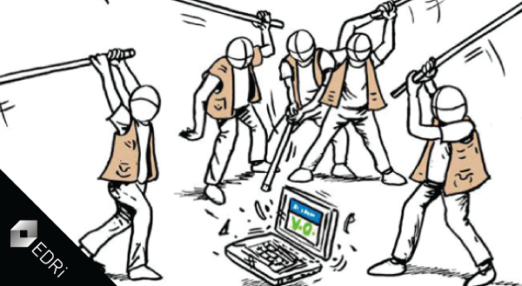
Spain: New law threatens internet freedoms
On 5 November 2019, the Royal Decree-Law 14/2019 that had been adopted on 31 October was published in the Spanish Official State Gazette (BOE). This was just five days before the general elections that would take place on 10 November, under an undefined “exceptionality and urgency”, and justified by the “challenges posed by new technologies […]
Read more
-

Letter to Member States calls for safeguards in Terrorist Content Regulation
On 16 December 2019, EDRi and Access Now sent a letter to EU Member States urging them ensure key safeguards on the proposed Regulation regarding the removal orders, the cross border mechanism and crucial exceptions for education, journalistic and research materials in the ongoing trilogue discussions. This letter is another step in the work that […]
Read more
-

Shedding light on the Facebook content moderation centre in Athens
Following months of efforts, in early September 2019, EDRi observer Homo Digitalis managed to shed light on a case that concerns each and every Facebook user: a content moderation centre in Athens, Greece, tasked to moderate Facebook ads. As many other content moderation policies run by virtually unaccounatable private companies, this can pose threats to […]
Read more
